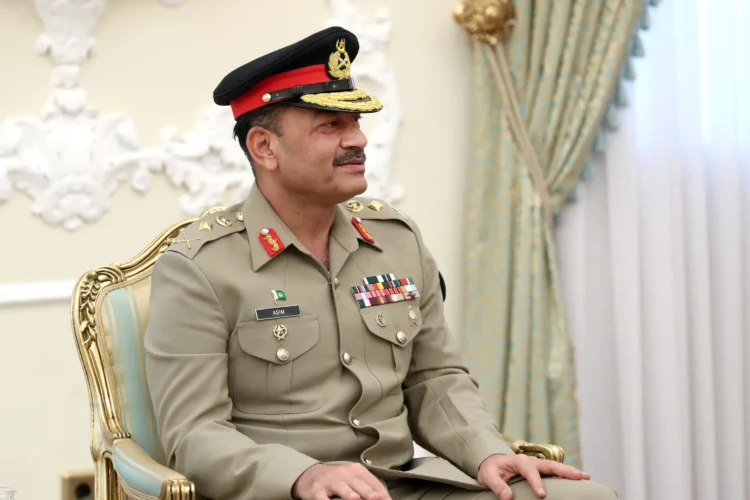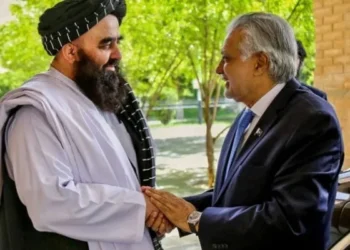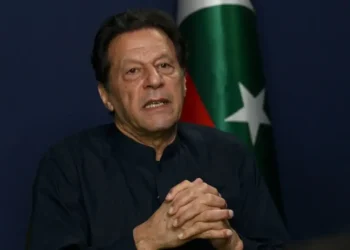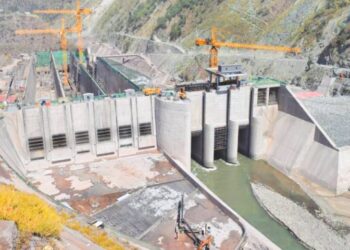MNN (Web Desk); Pakistan’s newly appointed Field Marshal, General Syed Asim Munir, has become the foremost figure shaping strategic ties between Islamabad and Washington. International publications, including The Washington Times, have highlighted Munir’s disciplined and professional approach, noting his growing stature as U.S.–Pakistan relations improve following months of tension with India.
Munir’s elevation to the rank of Field Marshal—only the second in Pakistan’s history—followed the military confrontation with India in May, which ended after a U.S.-brokered ceasefire. His leadership during Operation Bunyan-un-Marsoos earned recognition at home and abroad, significantly boosting his domestic popularity and international profile. The promotion was widely seen as both a reward for his operational command and a symbol of renewed military prestige.
Other international outlets, such as The Economist, have credited Munir for steering U.S.–Pakistan relations toward greater cooperation. His private meeting with President Trump in June opened new avenues of collaboration in trade, defense, and counterterrorism. Under his leadership, Pakistan secured favorable tariff reductions on exports and attracted renewed American interest in energy, digital assets, and rare-mineral exploration.
Munir has also re-established close working ties with U.S. Central Command and the Pentagon, placing Pakistan back into Washington’s strategic calculations in South Asia. His approach has emphasized discretion, discipline, and long-term planning rather than political posturing, enhancing Pakistan’s credibility as a regional actor.
Diplomatic gains under Munir include strengthened bilateral mechanisms for defense cooperation, discussions on counterterrorism frameworks, and a broadening of economic engagement. These developments have reinforced Pakistan’s role as a critical partner in the region while positioning Munir as one of the most influential figures in shaping Islamabad’s foreign and security policies.
Observers note that while the trajectory is encouraging, sustaining progress will require careful management of internal challenges and consistent engagement with Washington.

























